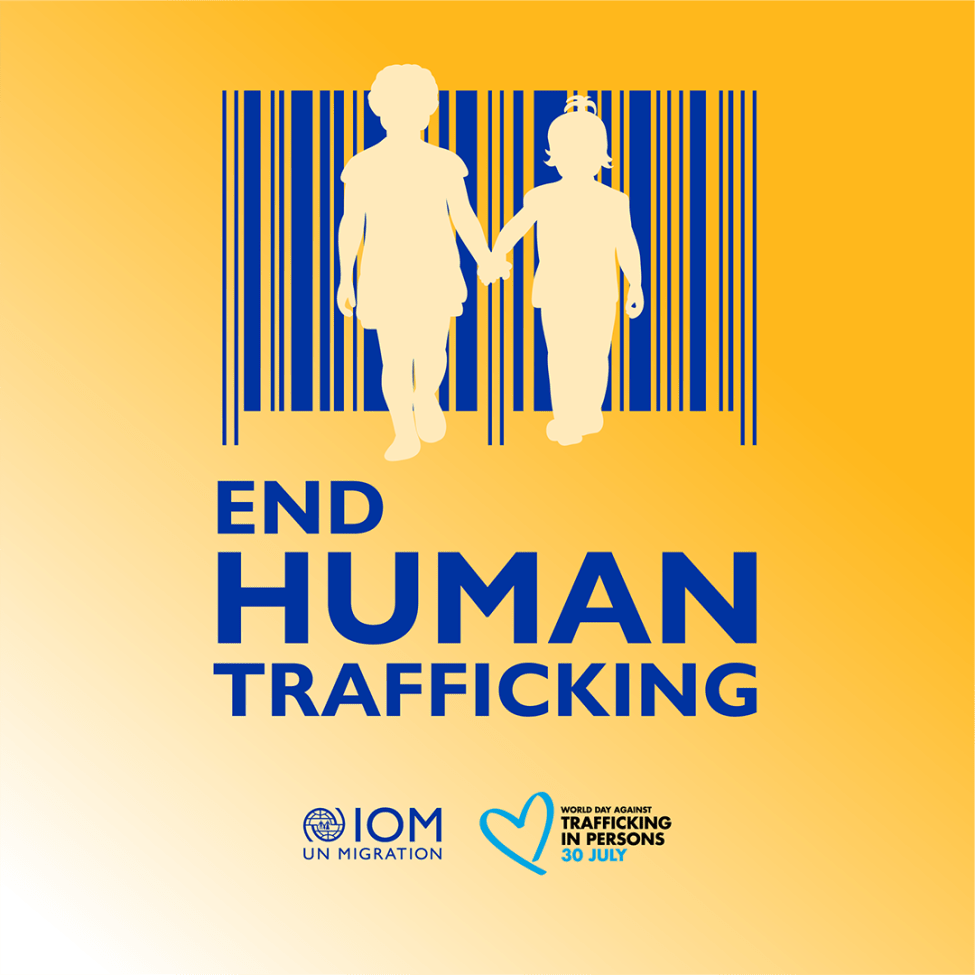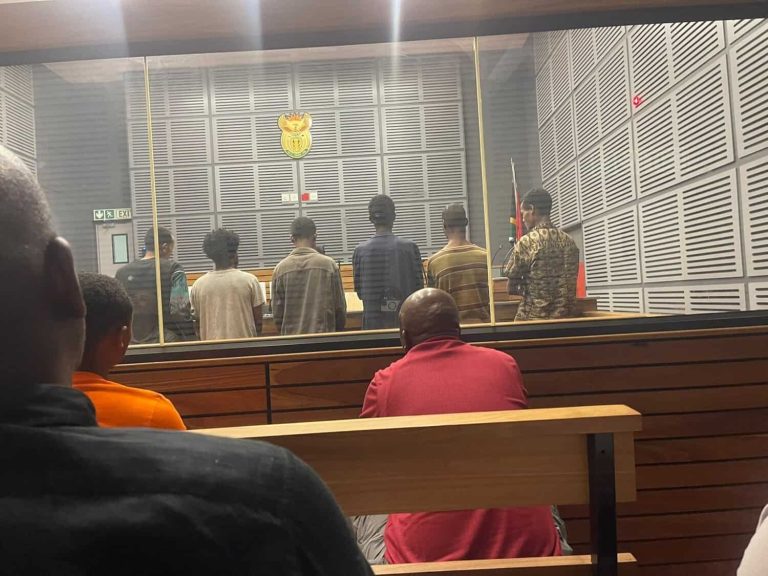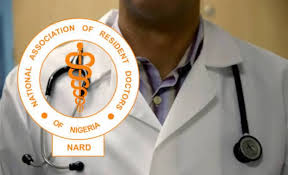
The International Organization for Migration (IOM) has released a comprehensive new analysis exposing the scale and patterns of human trafficking across West Africa, revealing that children make up the majority of confirmed victims, while women and girls continue to face severe and disproportionate exploitation.
The report, Trafficking in Persons Data in the Economic Community of West African States (ECOWAS) Region: Standardizing and Leveraging Administrative Data for Evidence, was produced by IOM in partnership with STATAFRIC, ECOWAS, and the United Nations Office on Drugs and Crime (UNODC). It draws on administrative data from 13 ECOWAS countries between 2017 and 2021, representing one of the most coordinated regional efforts yet to harmonise and strengthen trafficking data collection.
“This report is a testament to the power of regional cooperation and data harmonization in tackling one of the most pressing human rights challenges of our time,” said Sylvia Ekra, IOM’s Regional Director for West and Central Africa. “We now need to ensure these insights translate into stronger, more effective responses. Trafficking remains a deeply alarming issue, and our interventions must evolve accordingly.”
The report highlights persistent and troubling patterns: women and girls are predominantly trafficked for sexual exploitation, while men and boys are more commonly forced into labour.
It also found that the COVID-19 pandemic worsened vulnerabilities across the region, as lockdowns, movement restrictions, and strained institutions hampered victim identification and slowed trafficking-related prosecutions.
A key innovation of the study is the introduction of a standardized regional questionnaire to help harmonize how national agencies—including law enforcement, statistical bureaus, and migration authorities—record trafficking data. This development marks a critical step toward achieving consistent, comparable data across ECOWAS Member States, a challenge that has long hindered effective policymaking.
IOM continues to support West and Central African governments in building a coordinated, data-driven response to trafficking in persons. Working with ECOWAS, the organization has guided Member States in harmonising administrative data systems, training national anti-trafficking bodies, and promoting adoption of the International Classification for Administrative Data on Trafficking in Persons (IC-TIP).
In 2025, IOM conducted a major regional training in Senegal, equipping officials from Senegal, Togo, The Gambia, Sierra Leone, Chad, Guinea-Bissau, and Nigeria with tools to strengthen data protection, improve cross-border cooperation, and enhance victim-centered approaches.
These efforts align with ECOWAS’s broader strategies to combat human trafficking, gender-based violence, and violence against children—including the Freetown Roadmap on strengthening anti-trafficking action—and reflect a deepening regional commitment to rights-based, collaborative solutions focused on prevention, protection, prosecution, and partnerships.



